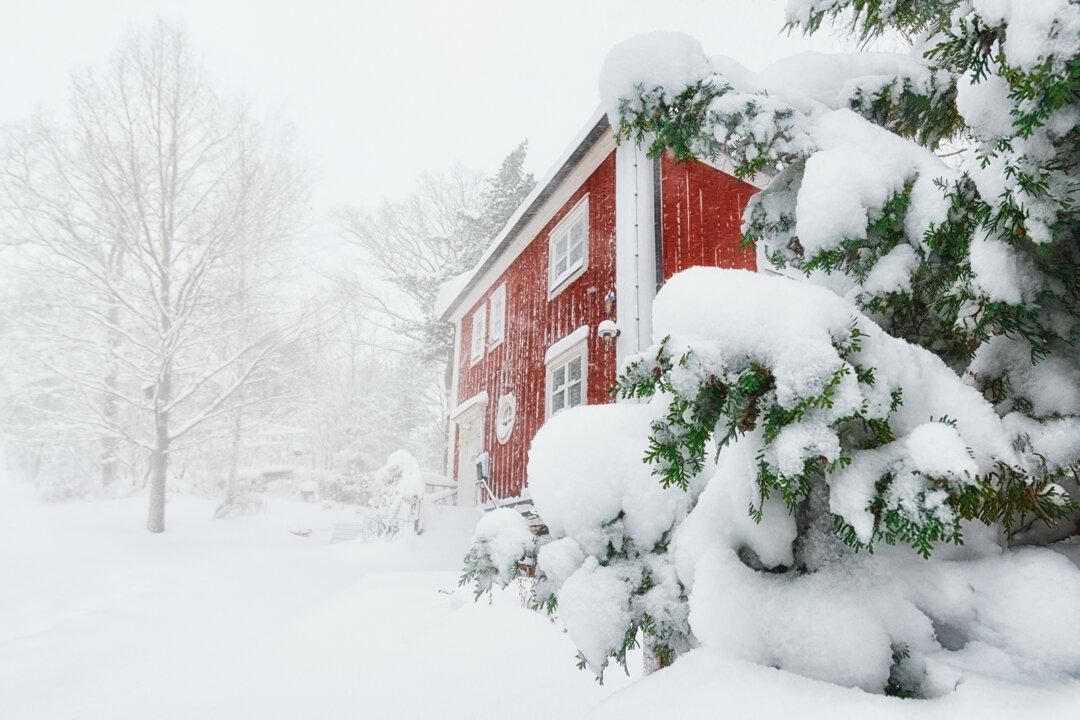By Paul F. P. Pogue
From Ask Angi
The bright lights and sounds of the holidays are past, and the bitter cold and snow of winter is soon upon us in many parts of the nation. Snowstorms are more frequent in the north than the south (and indeed, snow is virtually nonexistent in Florida), but many of the same principles of emergency safety apply in case of earthquakes, hurricanes or other natural disasters. Snowstorms pose a particular danger to children, older adults and pets, but fortunately, you’re likely to have 12 to 24 hours of warning.






